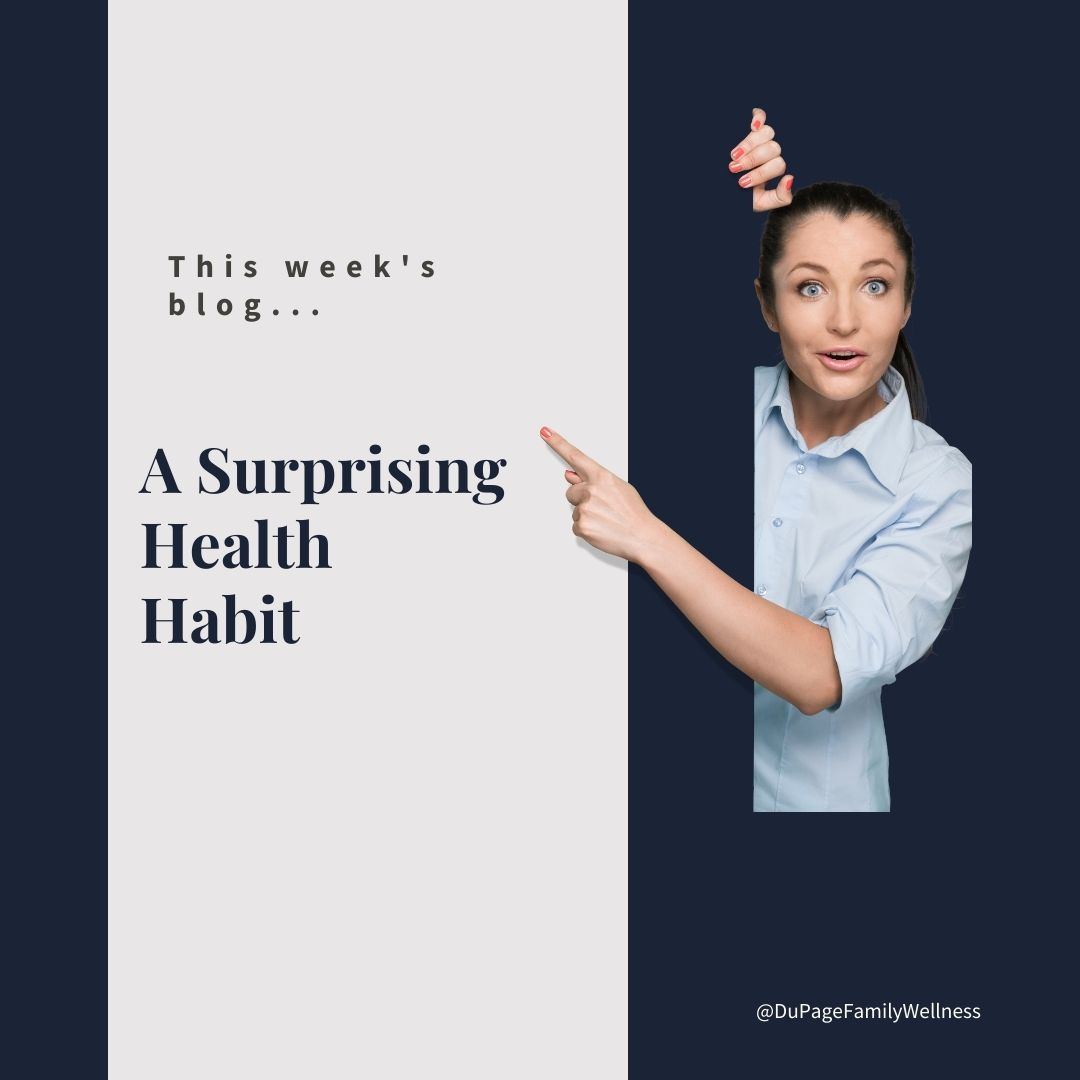 You may think that eating well, getting adequate movement, refraining from smoking, and limiting alcohol are the things you need to do to stay healthy. But research shows that there is something surprising that we should add to our health habits. Enjoying social connections is more important for our health than most people realize!
You may think that eating well, getting adequate movement, refraining from smoking, and limiting alcohol are the things you need to do to stay healthy. But research shows that there is something surprising that we should add to our health habits. Enjoying social connections is more important for our health than most people realize!
In a culture obsessed with hard work and accomplishments, social connections can feel like a luxury reserve for when the real work is done. But if we are truly putting our health first, connection is of utmost importance for both our physical and mental health.
Let’s look at the research that may lead us to adding social connections to our list of healthy habits!
Social Connections Impact on Emotional & Physical Health
It’s not hard to believe that those who feel more connected with others tend to struggle less with anxiety and depression. They also have higher self-esteem, greater levels of empathy, trust others more, and tend to be more cooperative. But the extensive impact on physical health may come as a surprise to many.
According to Dr. Emma Seppala, the American Association for the Advancement of Science published a study that found that “a lack of social connection is a greater detriment to health than obesity, smoking and high blood pressure.” A lack of social connections is actually linked to obesity levels, inflammation, and hypertension.
Is it Really that Important?
It may be shocking, but strong social connections improve your immune system and lead to a 50% increased chance of longevity. More research is needed to discover why social connections have such a dramatic impact on health, but the research is clear that social connections are extremely important if you want to live a long and healthy life.
In fact, research done by Housekarl, Landis, and Umberson found that “studies which control for baseline health status, consistently show increased risk of death among persons with a low quantity, and sometimes low quality, of social relationships.” They explain that “social isolation is a major risk factor for mortality from widely varying causes.”
When Thinking About Connection
It is important to realize that you don't need to be physically with someone to have a social connection. If you feel seen, heard, and understood, that is enough to feel connected to others.
On the other hand, it is possible to feel isolated and alone, even if you are surrounded by people. This is because a sense of connections don’t automatically happen when you get together with people.
Brené Brown defines connection as “the energy that exists between people when they feel seen, heard, and valued; when they can give and receive without judgment; and when they derive sustenance and strength from the relationship.”
A Word to Those with Polycystic Ovary Syndrome (PCOS)
Often sharing meaningful connections lowers your stress levels. This is a huge benefit to those with PCOS because stress can be a major factor contributing to your PCOS symptoms.
In fact, research has shown that a “higher prevalence of stress in PCOS patients... has a critical role in their altered body composition.”
This may be because when you are stressed your body releases cortisol. And research shows that “androgen excess in women with polycystic ovary syndrome (PCOS) may be… adrenal in origin, and one proposed contributing mechanism is altered cortisol metabolism.”
So, take some time to connect with yourself, your loved ones, and your community today. Notice if this affects your stress levels and therefore your PCOS symptoms.
For more great ways to improve your social connections check out the National Institute of Health’s Social Wellness Toolkit. I hope you find ways to connect with yourself, others, and nature during these crazy times!
Dr. Jamie
*For ideas of how to cultivate fulfilling connections, look for our blog “Cultivating Connection” coming out next week.

